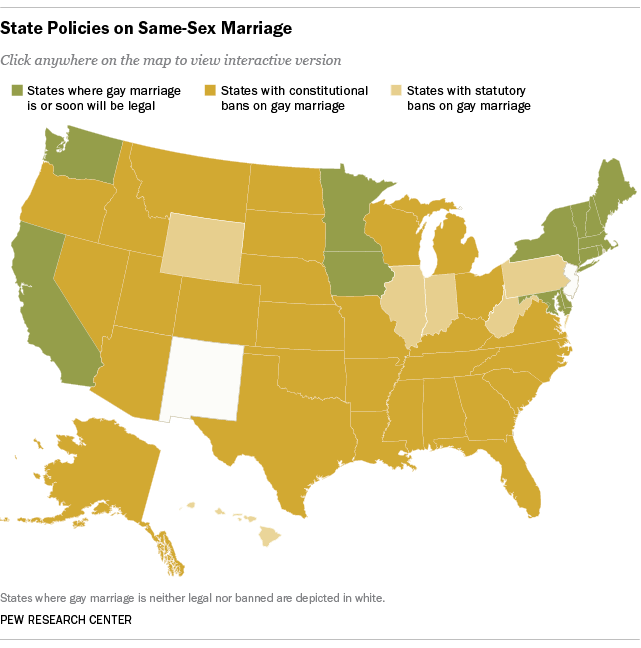
The Evolution of Marriage: A Stamina Test for an Aged Institution
A Historical Context
Funded by the University of Richmond, the History News Network (HNN) is dedicated to placing contemporary events into an enlightening historical perspective. As an endeavor to understand present challenges, the HNN explores a wide array of topics, from the evolution of marriage to the milestones of same-sex marriage.
Lessons from History
According to Nancy Cott, US marriage ideologies have been shaped significantly by French Enlightenment philosopher Baron de Montesquieu. Notably, it was this philosopher who drew parallels between marriage and governance structures in his Spirit of Laws, ultimately influencing state laws. However, the ideal and the real varied significantly.
The Role of the Government
A noteworthy shift occurred in 1996 when the federal government’s involvement in marriage significantly increased with the enactment of the Personal Responsibility and Work Opportunity Reconciliation Act (PRWORA). This act complicated the concept of marriage and reinforced the fact that the practical aspects of American marriage did not always align with the ideological ones.
Challenges to Traditional Marriage
Numerous challenges to conventional marriage throughout history have led to various forms and understandings of this institution. From John Humphrey Noyes’s idea of communal love to the Mormon practice of polygamy, various understandings of marital unions have been explored. Furthermore, the 20th-century movements for trial marriages and non-exclusive sexual relationships challenged the traditional notions of monogamous commitment.
Same-Sex Marriage & the Evolving Institution
One significant debate is the clamor for legal recognition of same-sex marriage. Surprisingly, while several states are exploring the notion of domestic partnerships as alternatives to traditional marriage, many within the gay and lesbian community aspire to conventional marriage. These conflicting attitudes render the future of marriage uncertain and continuously evolving.
Benefits of Marriage
Underpinning these debates are the practical benefits associated with legal marriage. From inheritance rights to Social Security benefits, married partners reap numerous advantages. Additionally, they enjoy specific tax incentives and family unification perks that unmarried couples do not.
Conclusion
The evolution of marriage reflects societal shifts and changes in moral values. While marriage has faced and will continue to face numerous challenges, it remains a vital institution to many. Whether these debates will result in the redefining of marriage is a subject for future deliberation.
Originally Post From https://www.hnn.us/article/11777


